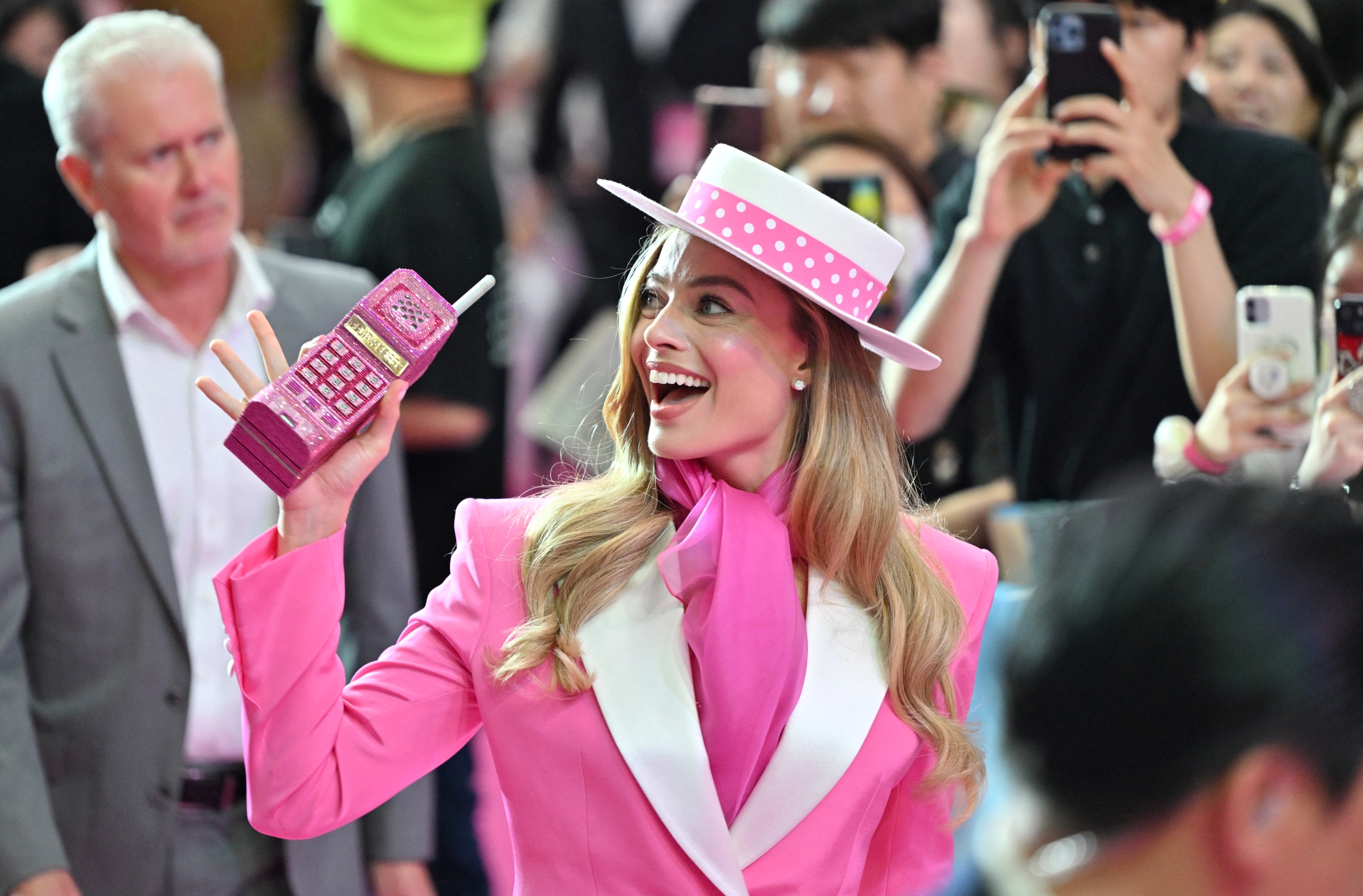Barbie: AI-generated images of 'every country' portrayals spark criticism from Mena region

A gallery of AI-generated images depicting Barbies from countries in the Middle East and around the globe has caught the attention of many - for all the wrong reasons.
In a now-viral article, media company Buzzfeed used generative AI to produce pictures of what the world-renowned doll would look like from 194 different countries.
While the pictures were lauded by some, many people took to social media to call the images “culturally inappropriate,” “white-washed” and perpetuating racist tropes.
“5000 years of civilization and all the tourism hype, the only image AI could generate was a Lebanese Barbie standing over the rubble? Even AI is not buying the economic recovery narrative,” tweeted one user.
“Still insensitive of @buzzfeedusa to publish such a tone-deaf image of our August 4 trauma [sic]," said another, referencing the 2020 blast that destroyed much of Beirut and left hundreds dead.
Stay informed with MEE's newsletters
Sign up to get the latest alerts, insights and analysis, starting with Turkey Unpacked
Several users pointed out that the dolls portraying Middle Eastern and North African countries were culturally inaccurate or simply depicting stereotypes.
Barbies from Qatar and Kuwait were dressed in traditional menswear, while Lebanon's Barbie was standing among debris.
Some have also highlighted that the AI’s portrayal of Barbie in “post-colonial nations” did not have their indigenous cultures represented in the images.
The depiction of the Egyptian Barbie has also revived the debate on Afrocentrism, with many arguing over the AI’s choice of skin colour, though some Egyptians have defended this portrayal.
Meanwhile, other users were baffled by South Sudan's Barbie, with one Twitter user sharing a screenshot of South Sudan’s Barbie carrying a gun, writing: “AI has always been racist and propagates stereotypes, be very VERY aware of it.”
It appears the photograph has since been replaced on Buzzfeed’s website.
Generative AI produces images by working with learned data they are trained with. Using analysis of various factors and characteristics, the AI programmes create new images.
Yet users were quick to point out that Barbie dolls from around the world exist.
In a statement, Buzzfeed told Middle East Eye that, with regards to the South Sudan Barbie at least, they had changed it, as the "original image did not adhere to our editorial standards".
Fans of Barbie have also made reference to other dolls and Barbie representations that could have been used instead of the AI ones used in the Buzzfeed article.
One user aired out their frustration, writing that there are “quite literal real international Barbies in existence”.
With the Barbie movie’s release date on 21 July nearing, people have taken to the internet to post costumes, photographs and songs inspired by the world-renowned doll.
Trends like this surrounding the film have been swarming the internet.
Some include Tiktok filters that change users into Barbies, others include images and videos of the vibrant pink Barbie aesthetic.
This article is available in French on Middle East Eye French edition.
Middle East Eye delivers independent and unrivalled coverage and analysis of the Middle East, North Africa and beyond. To learn more about republishing this content and the associated fees, please fill out this form. More about MEE can be found here.

